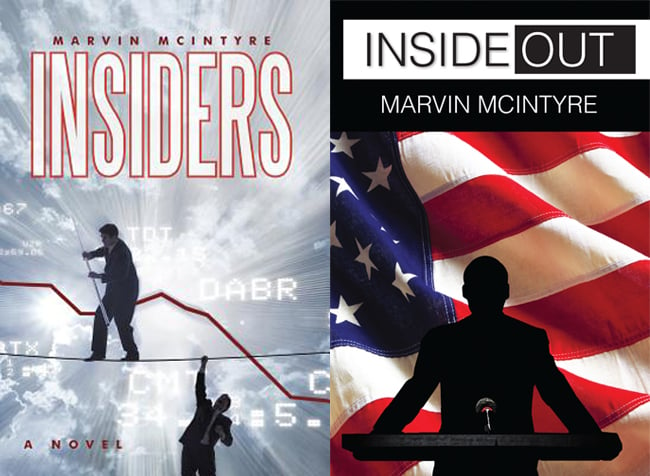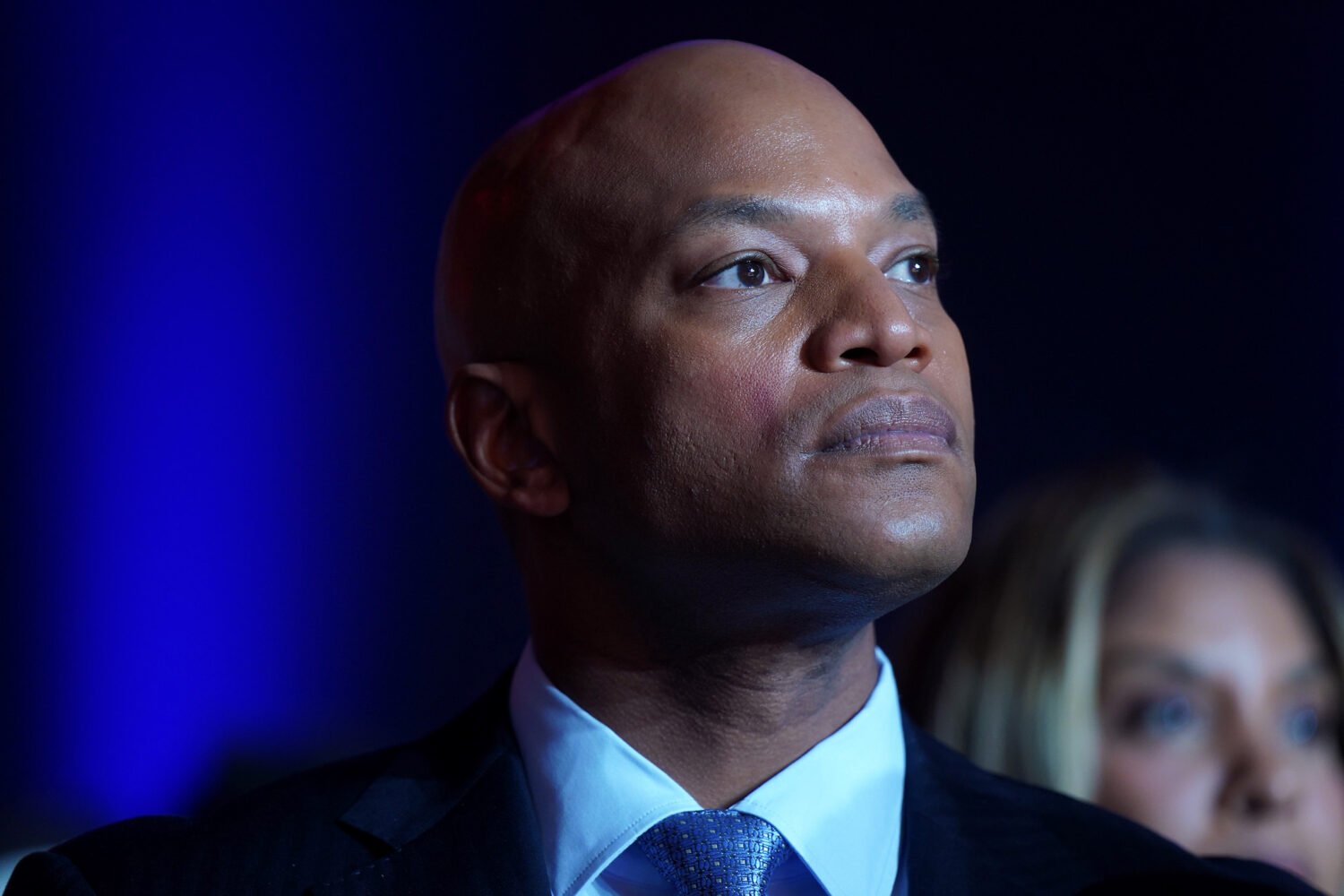Just like Santa, procrastination has many helpers. “Too busy” and “I’ll have more time later” are the usuals, but “I’m afraid” is often hiding in the closet, too.
In early 1996, I had the privilege of reading an advance copy of David Baldacci’s first novel, Absolute Power. It was brilliant; I was inspired. I was a full-time financial advisor; David was a full-time lawyer. If he could do it, so could I.
“When do you find the time to write?” I asked David when he came to my office.
“From three to seven,” he replied.
“Your law firm lets you work only half-days?” I asked incredulously.
David gave me a patient smile. “I write from three to seven AM.“
And with that, procrastination locked its arms around me, picked me up, and tossed me bodily back into my full-time work. I would continue to write poems and songs for clients’ birthdays and anniversaries, but my dream of writing novels moved to the back burner.
I had a full-time job, after all, plus I couldn’t think of a plot, and I did not have a sense of humor about failure. But 12 years later, I finally stepped off the ledge and started writing a novel.
In the financial business, 2008 was about as bad as it gets. The global crisis brought this country to its knees and to the precipice of depression. I felt that legislators and regulators were failing to understand the possible repercussions, and my frustration mounted. When I got home at night, it was just like being at work: watching CNBC and checking all the financial news on the Internet.
As self-imposed therapy, I started to write, and writing became an antidote to the daily stress of free-falling markets and concerned clients. It was cathartic, exhilarating, and wonderful.
In order to make myself accountable, I announced to all my friends that I was writing a novel. But it was David, now a novelist with 21 New York Times bestsellers, who made sure that procrastination was forever replaced with commitment. Shortly after I finished my first draft (followed by too many to count), I asked him to have lunch with me.
At the conclusion of our meal, I felt it only fair to warn him that had begun writing thrillers, transparency being mandatory in our business. I waited until he finished eating to tell him though, so that he wouldn’t choke on his laughter.
As I had hoped, David generously volunteered to read my draft and offer his thoughts. He gave me pointers and taught me things that experienced writers already know, like that if a scene doesn’t either advance the plot or flesh out a character, it’s extraneous. Some things were hard to hear, but with someone so talented and busy willing to encourage me, stopping wasn’t an option. I even survived when he told me that, when it comes to humor in a thriller, less is more. With his words in mind, it was slicing and dicing time.
At least for me, writing requires total concentration. Armed with a steno pad and multiple pens, I wrote at night, on weekends, at the beach, on airplanes, even in dull corporate meetings. The last place was easily rationalized. Intertwined in my tale of deceit, blackmail, torture, and murder was a not-too-subtle message about how I thought we could fix our economic problems. A year-and-a-half after my financial thriller, Insiders, was released, the regulators and politicians have yet to act on my suggestions; but I’m sure that’s because they also suffer from the procrastination disease.
It would be nice if my political thriller, Inside Out, which comes out in January, could create a change in our dysfunctional political system. I won’t hold my breath.
In my wildest fantasy, I don’t think that the voice of a dreamer will change the status quo. Particularly when we are talking about politicians, I think it takes more than a village; it takes the voice of a nation.
Marvin McIntyre is a DC native, Citadel graduate, and Vietnam veteran who has worked as a financial adviser in Washington for more than 40 years. His second novel, Inside Out, hits shelves in January. He lives in Potomac.










